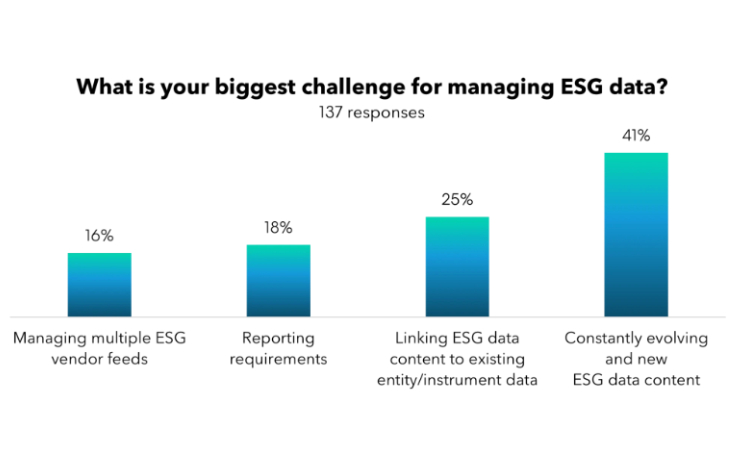A growing number of corporate treasurers are exploring how their foreign exchange hedging positions can help make them a cleaner and more responsible organisation. Global Banks such as Deutsche Bank, BNP Paribas & JP Morgan are creating derivative instruments tailored to incentivise clients with better rates should they hit environmental targets and penalties if they don’t. Many investment banks are expecting sustainable finance products and take-up to increase globally tenfold over the coming years.
In 2019 we saw wind-turbine company Siemens Gamesa execute their first FX trade linked to environmental, social and governance (ESG) factors, and later in 2020 JP Morgan arranged a similar product for Italian energy giant Enel.
Case Study:
One closer transaction happened on June 26th 2020, with Deutsche Bank and Olam International announced the successful execution of Asia’s first FX derivative linked to environmental, social and governance (ESG). Initial term of the framework agreement is four years, with the transaction complying with the terms of Deutsche Bank’s Sustainable Finance Framework. The agreement enables Primetals Technologies to hedge its currency risk with FX options.
Should Primetals Technologies fail to meet the agreed sustainability targets, the company must pay a predefined sum to a contractually defined non-governmental organisation.
The currency hedge is linked to several sustainability targets. This includes, for example, the proportion of total sales of projects sold that aim to reduce greenhouse gas emissions for customers. One ratio measured is revenues relative to research and development expenditure that result in improved resource efficiency.
Another metric is the promotion of a safe and healthy work environment for all staff at Primetals Technologies. The FX risk solution marries the requirement to hedge the FX risk arising from growing a crop in one country and selling it to another country, and supports Olam’s program to strengthen supply chain sustainability.
Transaction Details:
The client exports agriculture products from farms in Thailand globally. The transaction is a 1yr USD/ THB FX forward to hedge their exports. Primetals sources these products from farms in Thailand in THB and sells them to customers who pay them in USD. This exposes Primetals to USD/THB currency risk.
The transaction KPIs will contribute to 10 of the 17 UN SDGs, including alleviating poverty (SDG 1); alleviating hunger (SDG 2); improving gender quality (SDG 5); improving clean water and sanitation (SDG 6); reducing inequalities (SGD 10); increasing responsible consumption and production (SDG 12); contributing to climate action (SDG 13); protecting life below water (SGD 14); protecting life on land (SGD 15) and increasing partnerships for the goals (SDG 17).
Olam’s Managing Director and Group CFO, N Muthukumar said: “Olam is delighted to partner with Deutsche Bank to implement Asia’s first ESG FX solution. This innovative facility provides us with a hedge on our currency risk exposure and enables Olam to lock-in a discount when we meet pre-set ESG targets that are aligned with our sustainability strategy and the United Nations Sustainable Development Goals. This is yet another way we are living our Purpose of reimagining global agriculture and food systems.”
The sustainability-linked derivative follows the concepts enshrined in the Loan Market Association (LMA) Sustainability-linked Loan Principles (SLLP), and follows the EU Sustainable Finance taxonomy.
Conclusion:
As innovative sustainable finance products rise in the import and export markets, a comprehensive range of risk management and risk hedging instruments will be important to organisations. Allowing them to not only improve profitability and reduce overheads of organisations but also to demonstrate green credentials.
Referencess
- Deutsche Bank and Olam International close Asia’s first FX Forward using ESG performance targets – Oil & Gas 360 (oilandgas360.com)
- JPMorgan Currency Deal Highlights Finance’s Green Shift – WSJ
- Is forex hedging next in the front line of sustainable finance? – BNP Paribas CIB
Contact us to discuss how your organisation can reduce ESG risks, create an effective ESG strategy, reduce their carbon footprint and better manage ESG risk in your supply chain.










